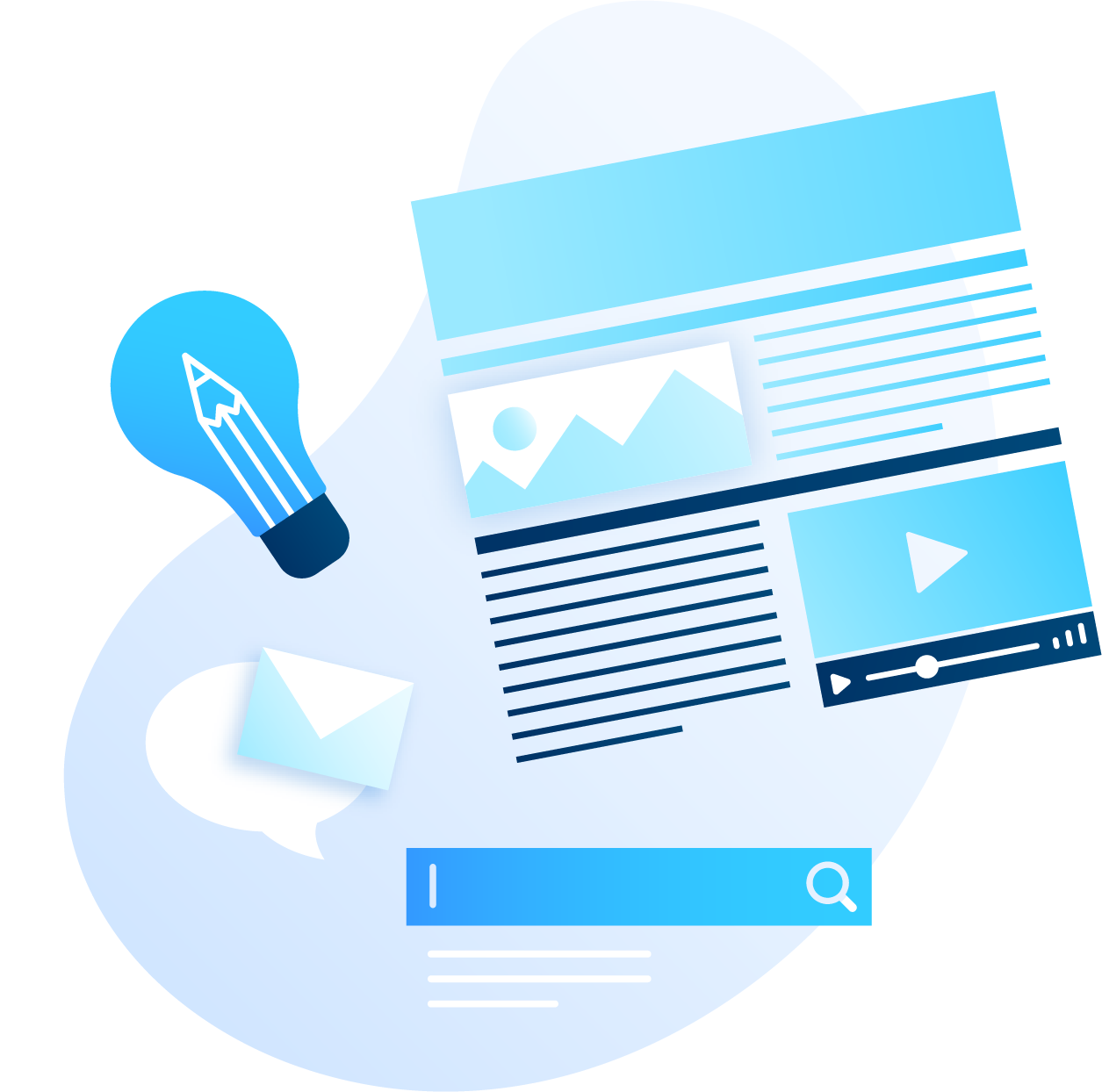This article compares the pros and cons of using searchable knowledge bases versus large language models.
The effectiveness of a Large Language Model (LLM) versus a searchable Knowledge Base for sharing knowledge depends on the specific use case and desired outcomes. Each approach has its advantages and drawbacks:
Large Language Models
A Large Language Model (LLM) is an artificial intelligence system that is designed to understand and generate human language. It is “large” because it contains a vast amount of training data and computational power that enables it to analyze and generate natural language text at scale. These models are trained on massive amounts of text data and use statistical methods to identify patterns and relationships between words and phrases.
Pros
- Better at understanding natural language queries.
- More user-friendly for customers who might not know the exact terms or phrasing to use when looking for answers.
- Capable of generating contextually relevant and more personalized responses.
- Flexibility to answer questions, provide recommendations, and generate summaries of complex topics.
Cons
- It is costly and time consuming to build and train a LLM.
- May provide less accurate, ambiguous, or inaccurate responses.
- More difficult to identify and fix errors or biases in the model’s responses.
- Updating the model with new information requires retraining the entire model, which can be expensive and time-consuming.
Searchable Knowledge Bases
A searchable Knowledge Base (KB) is a centralized repository of information that can be easily accessed and searched by users. It typically contains a wide range of information, such as articles, manuals, FAQs, tutorials, and other resources that are relevant to a particular topic or domain.
Pros
- Efficient at providing accurate and specific information when queries match existing data.
- Easier to maintain and update, as individual entries can be added, modified, or deleted without retraining the entire system.
- More transparent, which can help in identify and address errors or gaps in the knowledge base.
Cons
- May be less user-friendly for customers who might not know the exact terms or concepts to search for.
- Less flexible in the presentation of results – document list versus generated contextually relevant and personalized responses.
The Bottom Line
LLMs with generative capabilities offer immense potential to change the way we present information. But for the time being, knowledge bases are easier to develop and maintain.
In the future, the most effective approach for delivering self-help information in customer support will most likely involve combining both methods. A large language model can serve as the front-end interface to understand and process natural language queries, while a searchable knowledge base can act as the backend storage for accurate and specific information. This hybrid approach can provide the best of both worlds, offering a user-friendly interface with the flexibility of a language model and the accuracy and maintainability of a knowledge base.
Begin to think about your use cases. To get started read: ChatGPT is Cool – Now, Let’s Make a Plan to Put It to Work. – ServiceXRG




